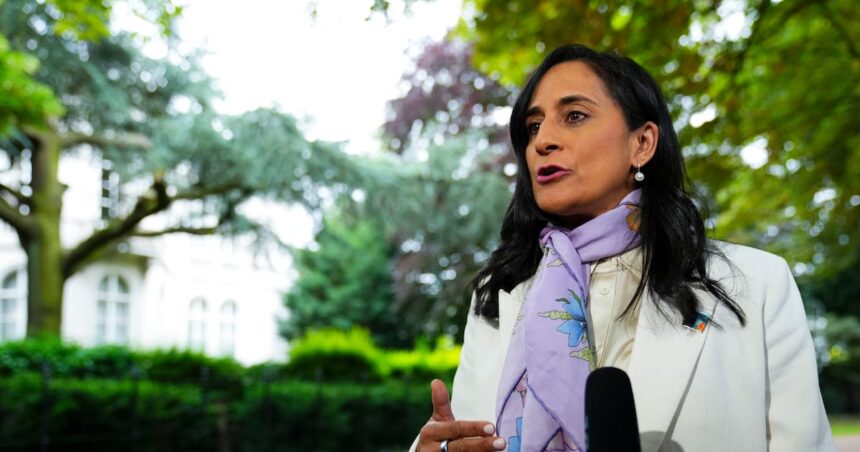In a strategic pivot aimed at reducing dependence on traditional trading partners, Canada has initiated formal negotiations with the Association of Southeast Asian Nations (ASEAN) for a comprehensive economic partnership agreement. The talks, which began yesterday in Singapore, mark Ottawa’s most ambitious trade diversification effort in the Indo-Pacific region since the CPTPP agreement was ratified in 2018.
“Southeast Asia represents one of the world’s fastest-growing economic regions, with a combined GDP approaching $3 trillion and a population of over 650 million,” said International Trade Minister Mary Ng at the opening session. “For Canada, this isn’t just about expanding markets—it’s about building resilience in our trade networks.”
The negotiations come at a critical juncture for Canadian trade policy. Recent data from Statistics Canada shows that despite efforts to diversify, approximately 75% of Canadian exports still go to the United States, creating vulnerability to policy shifts in Washington. Meanwhile, Canadian exports to ASEAN nations have grown by a modest 22% over the past decade, far below the potential suggested by economic forecasts.
The proposed agreement would address tariff reductions across multiple sectors including agriculture, manufacturing, and services, while also tackling modern trade challenges related to digital commerce, intellectual property, and supply chain security. Of particular interest to Canadian negotiators are provisions that would give Canadian firms greater access to Southeast Asia’s rapidly expanding middle-class consumer base.
Economic analysts note the strategic timing of these negotiations. “With increasing uncertainty in Canada’s traditional trade relationships, particularly with the United States and China, diversification toward Southeast Asia represents a logical hedge,” explained Dr. Sarah Chen, Director of the Asia Pacific Foundation of Canada. “ASEAN economies collectively form Canada’s sixth-largest trading partner, but there’s substantial room for growth.”
The talks face several challenges, including varying levels of economic development among ASEAN members, which include Singapore, Vietnam, Thailand, Malaysia, Indonesia, Philippines, Brunei, Cambodia, Laos, and Myanmar. Each country brings different priorities and sensitivities to the negotiating table.
Some Canadian industry groups have expressed concerns about labor standards and environmental protections. “Any agreement must include enforceable provisions that ensure trade benefits are broadly shared and sustainable,” said Jordan Wilson, spokesperson for the Canadian Labour Congress.
Prime Minister Justin Trudeau has emphasized that the potential agreement aligns with Canada’s Indo-Pacific Strategy, which commits $2.3 billion over five years to deepen commercial, security, and diplomatic ties in the region. The strategy explicitly identifies economic diversification as a national priority, particularly as geopolitical tensions between major powers continue to disrupt global trade patterns.
The first round of negotiations is scheduled to continue through the week, with subsequent rounds planned on a quarterly basis. Officials from both sides have indicated that while they hope to conclude an agreement within two years, the complexity of harmonizing regulations across such diverse economies may require patience.
As global trade patterns continue to evolve amid rising protectionism and shifting alliances, the question remains: Can Canada successfully pivot its trade relationships toward this dynamic region, or will entrenched economic dependencies prove too difficult to diversify away from?










